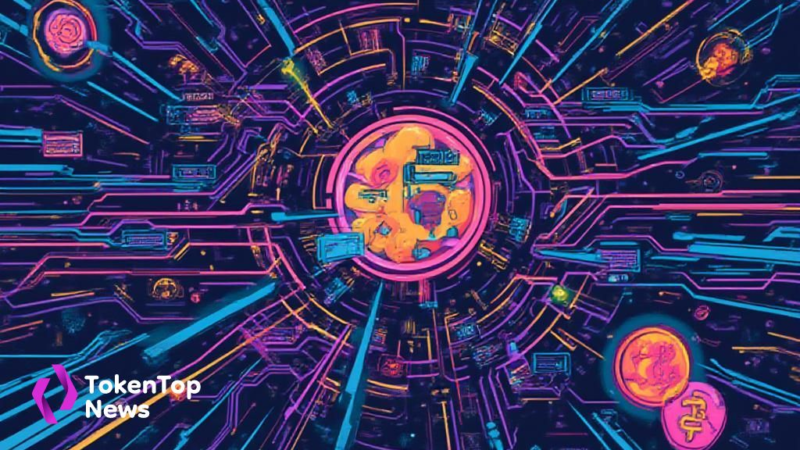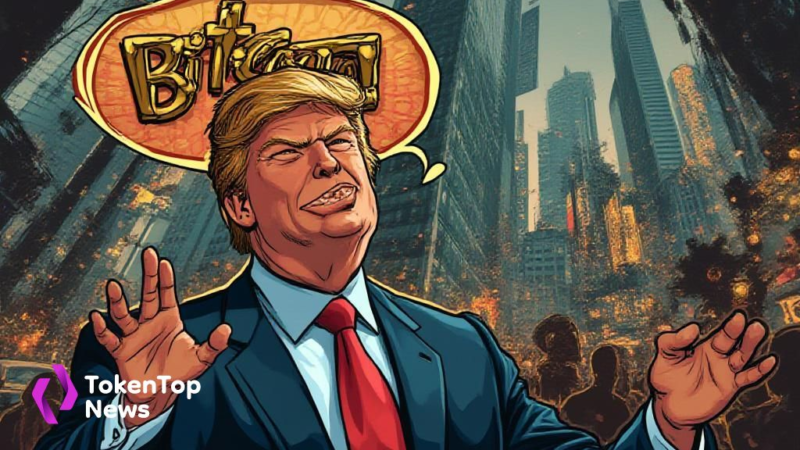SoFi Integrates Bitcoin Lightning for Remittances
- SoFi integrates Bitcoin Lightning for remittances with Lightspark partnership.
- First U.S. bank utilizing blockchain for money transfers.
- Potential expansion of Lightning usage in mainstream banking.

Nasdaq-listed SoFi has introduced Bitcoin Lightning Network for cross-border remittances, becoming the first U.S. bank to offer blockchain-powered transfers with Lightspark’s technology.
This move targets the $740 billion remittance market, aiming to enhance financial inclusivity and speed up transactions, setting a precedent for blockchain adoption in traditional banking.
SoFi, a Nasdaq-listed fintech, is now utilizing the Bitcoin Lightning Network for cross-border remittances with Lightspark partnership. This marks SoFi as the first U.S. bank offering blockchain-powered international money transfers.
SoFi partnered with Lightspark, led by former PayPal president David Marcus, introducing blockchain technology to streamline banking. This innovation highlights SoFi’s leadership in modernizing remittances and simplifying cross-border payments using the Universal Money Address system.
The integration significantly impacts the remittance market, leveraging Bitcoin for easy and low-cost transfers. SoFi’s move may set a precedent, encouraging more financial institutions to explore similar blockchain solutions.
This collaboration positions SoFi strategically in the $740 billion global remittance sector. Anthony Noto, CEO of SoFi, emphasized cost transparency and instant settlement advantages for customers, particularly in corridors such as US-Mexico.
“Our partnership with Lightspark brings instant, easy-to-understand, and cost-transparent blockchain remittances to our members, starting with high-impact corridors such as the US-Mexico remittance market.” — Anthony Noto, CEO of SoFi
Analysis suggests a gradual shift towards blockchain in mainstream banking through Bitcoin and Lightning adoption. Observers expect potential regulatory attention due to SoFi’s innovations and implications for compliance, especially around KYC and AML standards.





